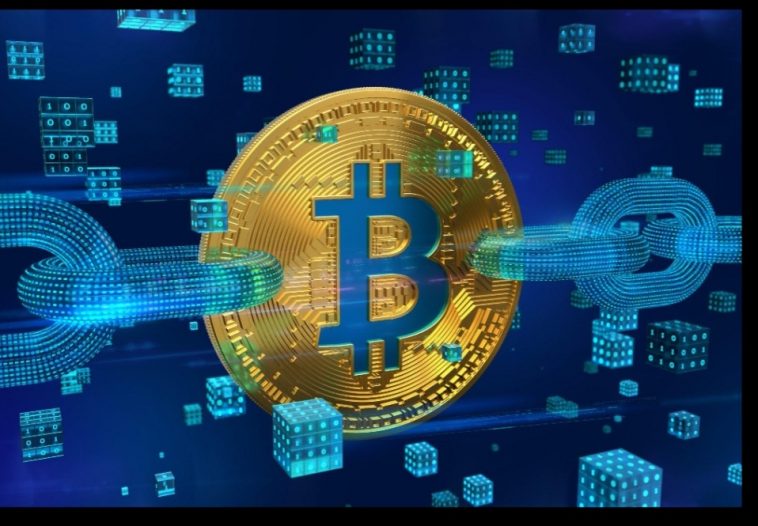Sudan, a country in North Africa, has a long history of economic instability and political conflict. The country faces numerous economic challenges, including high inflation and a shortage of foreign currency.
Bitcoin has emerged as a potential solution to some of Sudan’s economic problems in this context. Here are some key aspects of the human rights case for Bitcoin in Sudan:
Financial Exclusion
Sudan has a large unbanked or underbanked population with limited access to financial services.
Bitcoin could provide an alternative to traditional banking, allowing citizens to participate in the global economy without relying on a centralized financial system.
Remittances
Many Sudanese citizens work abroad and send home money to support their families. However, traditional remittance services can be slow and expensive, with high fees and limited access.
Bitcoin offers a faster, cheaper, and more accessible way for citizens to send and receive money.
Human Rights
The economic instability in Sudan has significantly impacted the human rights of its citizens.
The high inflation and currency shortages have led to food and fuel shortages and a lack of access to healthcare and education. Bitcoin could help protect the human rights of Sudanese citizens by providing a more stable and accessible financial system.
Challenges
Despite the potential benefits of Bitcoin, there are significant challenges to its adoption in Sudan. These include the lack of infrastructure, limited internet access, and regulatory uncertainty.
Additionally, using Bitcoin could raise concerns about money laundering and terrorist financing.
Future Outlook
The future of Bitcoin in Sudan is still being determined, but there is growing interest in the potential of cryptocurrency and blockchain technology.
The government still needs to develop a regulatory framework for cryptocurrency, but it is important to ensure that any regulations do not stifle innovation or limit access to financial services.
In conclusion, Bitcoin has the potential to address some of the economic challenges faced by Sudan and protect the human rights of its citizens.
However, significant challenges need to be addressed, including the need for more infrastructure and regulatory uncertainty.
It will take time and effort to realize Bitcoin’s potential in Sudan fully, but it is an important step towards greater financial inclusion and human rights.
Original article: https://www.coindesk.com/podcasts/coindesks-money-reimagined/sudan-and-the-human-rights-case-for-bitcoin/





